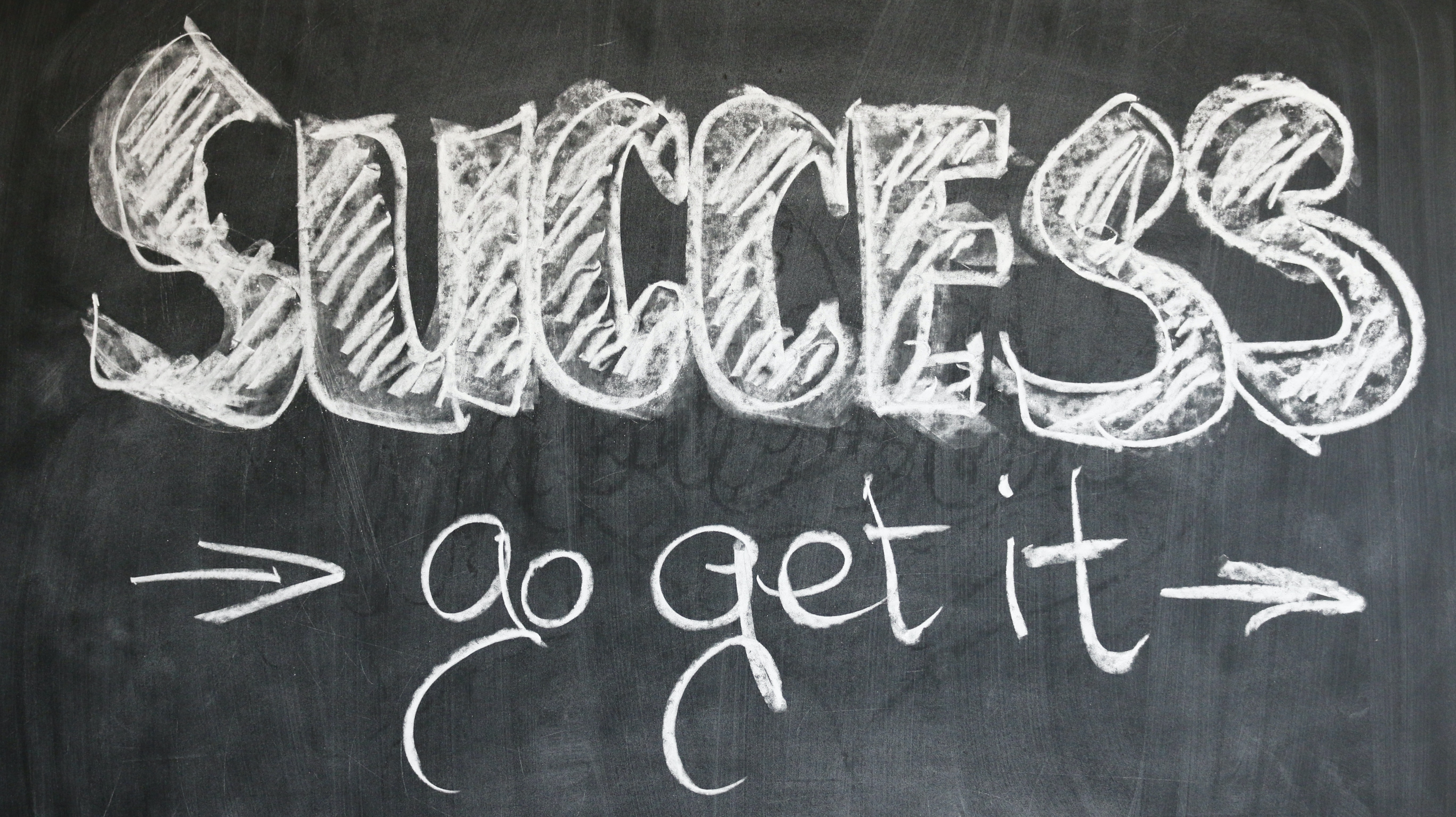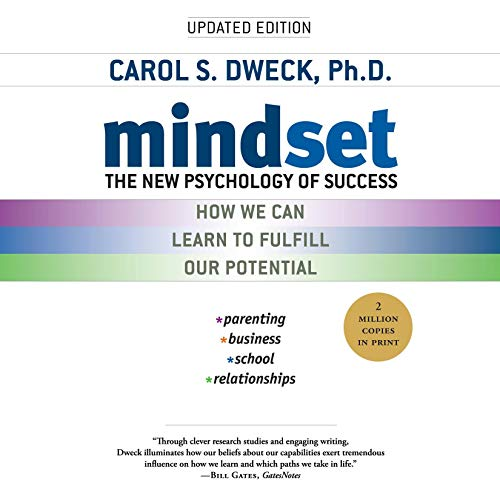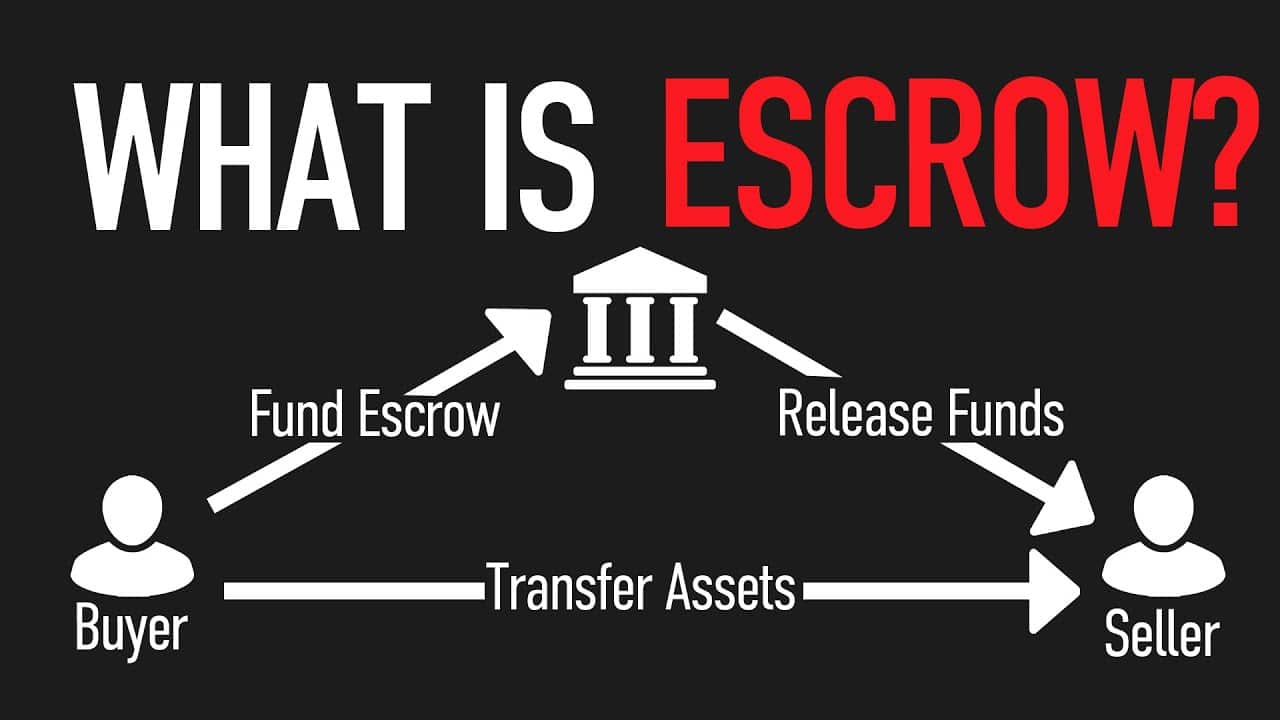The Secret to Success
Are you tired of feeling stuck and unfulfilled in your personal or professional life?
Do you want to achieve your goals and reach your full potential?
The secret to success may be simpler than you think: embracing a growth mindset.
In this article, we will explore how adopting a growth mindset can transform your approach to challenges, setbacks, and learning.
By understanding the difference between a growth mindset and a fixed mindset, and learning practical strategies for developing a this positive mindset, you can unlock your potential and achieve success in any area of your life.
So, are you ready to discover the secret to success? Let’s dive in.
Growth Mindset vs. Fixed Mindset?
A growth mindset is the belief that one’s abilities and being smart can be developed through hard work, perseverance, and dedication.
This mindset encourages individuals to embrace challenges, persist through setbacks, and view failure as an opportunity for growth and learning.
The concept of fixed and growth mindsets was developed by psychologist Carol Dweck, who found that individuals who embraced growth mindsets were more likely to achieve their goals and overcome obstacles in life.
The importance of a understanding these two mindsets cannot be overstated.
In a fixed mindset, individuals believe that their abilities and being smart are inherent and cannot be changed.
This behavior can lead to a fear of failure and a lack of motivation to improve or take on new challenges.
People with fixed mindsets don’t believe in a learning process and believe that when they own success it’s due to their innate ability.
In contrast, a growth mindset fosters a sense of resilience, curiosity, and a willingness to learn and grow.
Individuals with the right mindset are more likely to take risks, embrace challenges, and persist through setbacks.
The benefits of a growth mindset extend to all areas of life, from personal relationships to academic and career success.
By developing a growth mindset, individuals can cultivate a sense of self-efficacy and confidence in their abilities, as well as a willingness to learn from others and adapt to changing circumstances.
In short, a growth mindset is a powerful tool for achieving success and obtaining positive results
Understanding a Growth Mindset
To fully embrace a growth mindset, it’s important to understand the differences between a growth mindset and a fixed mindset.
A fixed mindset is the belief that our intelligence, abilities, and talents are fixed traits that cannot be developed or changed.
This leads to a fear of failure and a reluctance to take on new challenges or learn new skills.
In contrast, a growth mindset is the belief that our intelligence, abilities, and talents can be developed through dedication, hard work, and perseverance.
This intervention encourages individuals to embrace challenges, persist through setbacks, and view failure as an opportunity for growth and learning.
Despite the numerous benefits of a growth mindset, there are many myths and common misconceptions surrounding this concept.
One of the most common I hear is that a growth mindset means believing that everyone is equally talented and can achieve anything they want with enough effort.
In reality, these mindsets recognizes that individuals have different starting points and abilities, but that anyone can improve and develop their skills with effort and dedication.
Other common myths include the idea that a growth mindset eliminates the need for natural talent or that it means ignoring the importance of effort and hard work.
The science of growth mindset explores the psychological and neurological mechanisms that underpin this concept.
Research has shown that adopting a growth mindset can improve academic performance, increase motivation, and enhance problem-solving skills.
Studies have also found that the brain’s neural pathways can change and adapt in response to learning and new experiences, supporting the idea that intelligence and abilities can be developed over time.
By understanding the science behind growth mindset, individuals can better appreciate its potential for personal and professional growth.
Developing A Different Mindset
Developing a growth mindset is a gradual process that requires effort and intentionality.
Here are some practical steps and strategies that can help individuals develop a growth mindset:
Reflecting on the positives:
- Take time to acknowledge your strengths and accomplishments, no matter how small they may seem.
- Focus on the progress you have made rather than the mistakes or setbacks.
Asking for support:
- Seek out mentorship or guidance from others who can provide constructive feedback and support.
- Don’t be afraid to ask for help when needed.
- Find examples of people who have these basic qualities and stop seeking approval from people who don’t make it a point to live this way.
Embracing the process:
- Reframe failures as opportunities for growth and learning.
- Be willing to take risks, make mistakes, and persist through setbacks.
The power of “yet”:
- Add the word “yet” to the end of sentences when faced with a challenge or setback.
- For example, “I can’t do this” becomes “I can’t do this yet.”
8 steps to develop a growth mindset:
- Set specific, achievable goals that align with your values and passions.
- Learn from others by seeking out new perspectives and experiences.
- Embrace challenges and be willing to step out of your comfort zone.
- Practice self-compassion by being kind and forgiving to yourself.
- Focus on the process rather than the outcome, and recognize the value of effort and hard work.
- Reframe failures as opportunities for growth and learning, and be willing to adjust your approach when needed.
- Cultivate a sense of curiosity and a love of learning.
- Surround yourself with supportive people who believe in your potential.
By intentionally practicing these steps and strategies, individuals can gradually shift their mindset from fixed to growth-oriented.
Developing a this new psychology takes time and effort, but the rewards are worth it.
With a growth mindset, individuals can cultivate a sense of resilience, face challenges, adaptability, and motivation to learn and grow.
Growth Mindset In Practice
Growth mindset is not just a theoretical concept but also a practical tool for achieving success in various contexts.
Here are some case studies and examples of how individuals and organizations have applied growth mindset principles and new strategies to achieve success:
- In sports: Many top athletes, including Michael Jordan and Serena Williams, have credited their success to a growth mindset.
They view challenges and setbacks as opportunities to learn and improve, and they are willing to put in the effort and hard work required to achieve their goals.
- In education: Schools and educators have applied growth mindset principles to help students develop a love of learning and improve academic performance.
For example, a study by the University of Texas found that teaching a growth mindset to students led to significant improvements in math and reading scores.
- In business: Companies such as Google and Microsoft have embraced growth mindset principles to foster innovation, adaptability, and resilience in their employees.
By encouraging risk-taking and learning from failures, these companies have created a culture of continuous improvement and growth.
Strategies for applying growth mindset in various contexts:
- In work: Embrace challenges, seek out new experiences and feedback, and be willing to take risks and learn from failures.
- In school: View mistakes and setbacks as opportunities to learn and improve, and practice self-compassion and perseverance.
- In sports: Focus on effort and hard work rather than natural talent, embrace challenges and setbacks, and learn from feedback and constructive criticism.
By embracing challenges, learning from failures, and cultivating a sense of resilience and adaptability, individuals and organizations can achieve success in various contexts.
Moreover, growth mindset is not limited to one person or a specific age group or population; it is a tool that can be applied by anyone who seeks to learn and grow.
Recommended Reading
There are many great books on the topic of growth mindset. Here are some recommendations:
- “Mindset: The New Psychology of Success” by Carol Dweck: This book is considered the seminal work on growth mindset, and it explores the science and practical applications of this concept.
- “Grit: The Power of Passion and Perseverance“ by Angela Duckworth: This book explores the role of perseverance and passion in achieving long-term goals, and it provides practical strategies for cultivating grit and resilience.
- “The Growth Mindset Coach: A Teacher’s Month-by-Month Handbook for Empowering Students to Achieve“ by Annie Brock and Heather Hundley: This book provides practical tools and strategies for teachers to cultivate a growth mindset culture in their classrooms.
- “You Are a Badass: How to Stop Doubting Your Greatness and Start Living an Awesome Life“ by Jen Sincero: This book provides motivational and practical advice for cultivating a growth mindset and overcoming self-doubt.
- “The Obstacle Is the Way: The Timeless Art of Turning Trials into Triumph“ by Ryan Holiday: This book explores the Stoic philosophy of embracing challenges and setbacks as opportunities for growth and learning, and it provides practical strategies for cultivating resilience and adaptability.
These books offer a wealth of insights and practical strategies for developing a growth mindset and achieving success in various contexts.
F.A.Q.s
Q: What is a fixed mindset, and why is it problematic?
A: A fixed mindset is the belief that our intelligence, abilities, and talents are fixed traits that cannot be developed or changed.
This can lead to a fear of failure and a reluctance to take on new challenges or learn new skills.
In contrast, a growth mindset is the belief that our intelligence, abilities, and talents can be developed through dedication, hard work, and perseverance.
Individuals with a growth mindset are more likely to take risks, embrace challenges, and persist through setbacks.
A fixed can be problematic because it can limit our potential for growth and learning.
Q: How can I cultivate a positive mental attitude?
A: Cultivating a positive mental attitude requires intentional effort and practice. Here are some strategies that can help:
- Practice gratitude and focus on the positives in your life.
- Cultivate a sense of purpose and meaning.
- Practice self-compassion and kindness to yourself.
- Surround yourself with supportive people who believe in your potential.
- Develop a growth mindset and view challenges and setbacks as opportunities for learning.
Q: How can a crisis help me cultivate a growth mindset?
A: A crisis can be a catalyst for personal and professional growth, as it presents opportunities for learning, adaptation, and resilience.
Some ways that a crisis can help cultivate a growth mindset include:
- Challenging assumptions and encouraging innovation.
- Fostering a sense of community and mutual support.
- Encouraging individuals to step out of their comfort zones and take risks.
- Providing opportunities for learning and adaptation.
- Encouraging individuals to practice resilience and perseverance in the face of adversity.
- Providing opportunities for individuals to reflect on their values, priorities, and goals.
- Encouraging individuals to seek out support and build a strong network.
- Fostering a sense of purpose and meaning in individuals’ lives.
Overall, a crisis can be a challenging and difficult experience, but it can also present opportunities for growth and learning.
By embracing a growth mindset and focusing on opportunities for learning and adaptation, individuals can emerge from a crisis stronger, more resilient, and more adaptable than before.
Conclusion
Developing a growth mindset is a powerful tool for achieving success and personal growth in various contexts.
By embracing challenges, learning from failures, and persisting through setbacks, individuals can cultivate a sense of resilience, adaptability, and motivation to learn and grow.
Here is a brief recap of the key points covered in this article:
- Growth mindset is the belief that our intelligence, abilities, and talents can be developed through dedication, hard work, and perseverance.
- Developing a growth mindset requires intentional effort and practice, including reflecting on the positives, asking for support, and embracing the process.
- Strategies for applying growth mindset principles in various contexts include reframing failures as opportunities for growth, seeking out mentorship and guidance, and focusing on effort and hard work rather than innate talent.
- A fixed mindset can limit our potential for growth and learning, while a growth mindset can foster innovation, adaptability, and resilience.
- Cultivating a growth mindset requires a willingness to take risks, embrace challenges, and persist through setbacks.
What Next?
It is important to remember that developing a growth mindset is a gradual process that requires ongoing effort and practice.
Therefore, we encourage you to take action and practice growth mindset principles in your daily life.
Here are some practical suggestions for further reading and resources:
- Read the book “Mindset” by Carol Dweck, which explores the science and practical applications of growth mindset.
- Seek out mentorship or guidance from others who can provide constructive feedback and support.
- Join a growth mindset community or group to connect with like-minded individuals and learn from their experiences.
- Reflect on your personal values, passions, and goals, and set specific, achievable goals that align with these values.
- Focus on the process rather than the outcome, and recognize the value of effort and hard work.
In conclusion, we hope that this article has provided you with valuable insights and strategies for developing a growth mindset.
Remember, cultivating a growth mindset is a journey, not a destination.
By practicing these principles in your daily life and seeking out support and guidance when needed, you can achieve success and personal growth in various contexts.
Ready to read more about mindset? Check out these articles!












